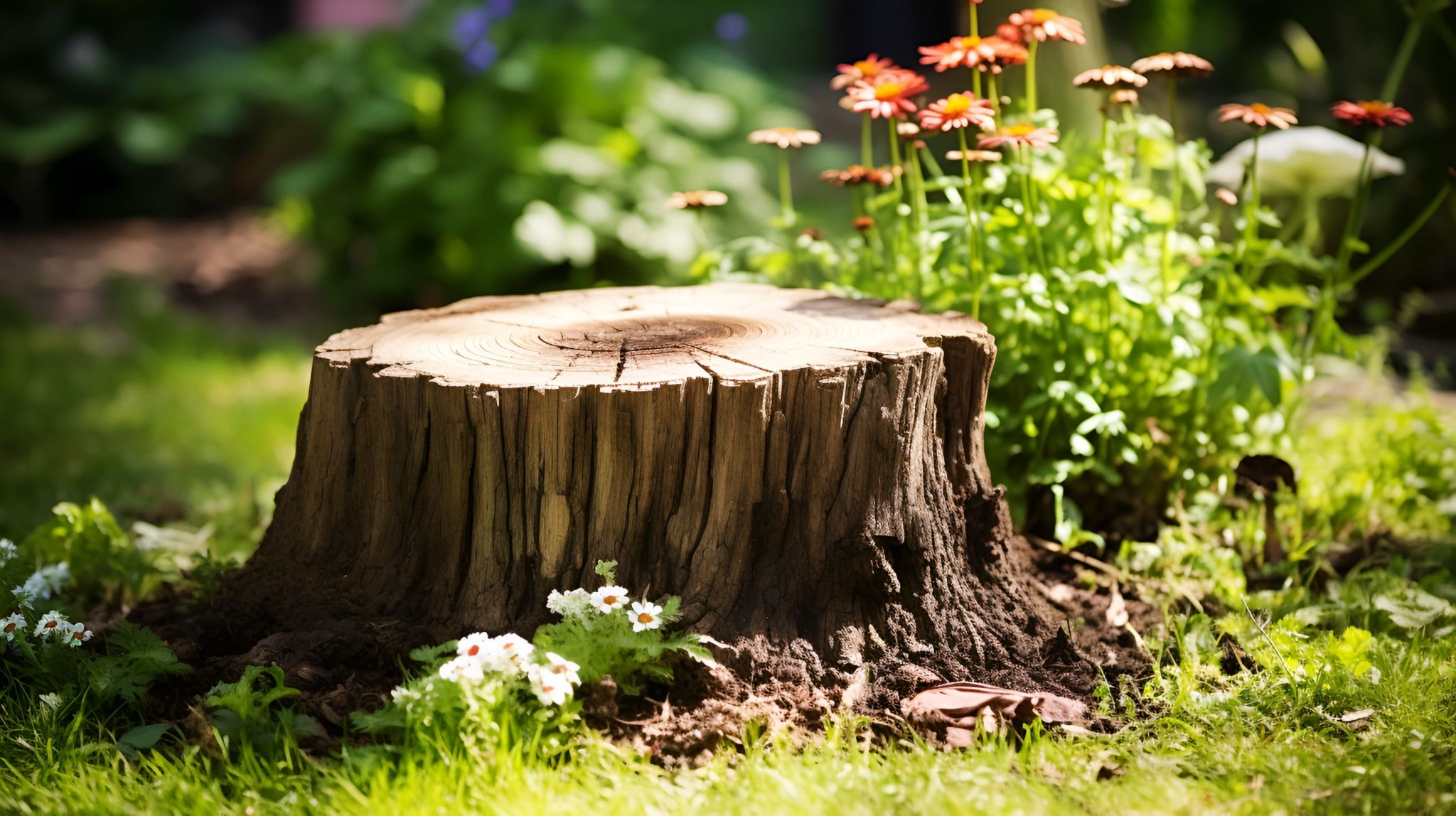Expert Advice on Stump Removal: What You Need to Know
Understanding the Importance of Stump Removal
Stump removal is more than just an aesthetic choice; it's a critical step in maintaining the health and safety of your landscape. Leftover stumps can be a breeding ground for pests and diseases, potentially affecting other plants in your garden. Additionally, they can pose tripping hazards and may even damage lawn equipment.
When a tree is cut down, the stump left behind can disrupt the overall appearance of your yard. Removing it not only enhances the visual appeal but also makes future landscaping projects easier. It's essential to address stump removal as soon as possible to prevent these potential issues from escalating.

Methods for Stump Removal
Manual Removal
Manual removal involves using tools like axes, chainsaws, or mattocks to dig out the stump. This method can be labor-intensive and time-consuming but is effective for smaller stumps. It requires physical strength and patience, and is best suited for those who are comfortable with manual labor.
Chemical Stump Removal
Chemicals can accelerate the decomposition of stumps, making them easier to remove. This process involves drilling holes into the stump and filling them with a stump removal chemical. Over time, the chemicals break down the wood, allowing for easier manual removal. While effective, this method requires caution to ensure safe use of chemicals.

Hiring Professional Services
For larger stumps or multiple removals, hiring a professional service may be the most efficient solution. Professionals have access to specialized equipment like stump grinders, which can quickly and efficiently remove stumps of any size. This option saves time and effort while ensuring the job is done safely and thoroughly.
When choosing a professional service, consider their experience, reviews, and pricing. It's important to select a company with a proven track record to ensure quality results. Additionally, confirm that they follow safety protocols to protect both your property and their workers.

Post-Removal Considerations
After removing a stump, you may be left with a hole that needs filling. Replanting grass or other plants in this area helps restore your landscape's appearance. Consider using the opportunity to plant a new tree or create a new garden feature to enhance your yard further.
Regular maintenance is essential to prevent any future issues with pests or regrowth. Keep an eye on the area for any signs of new shoots or pest activity. Ensuring proper upkeep will help maintain a healthy and attractive landscape for years to come.